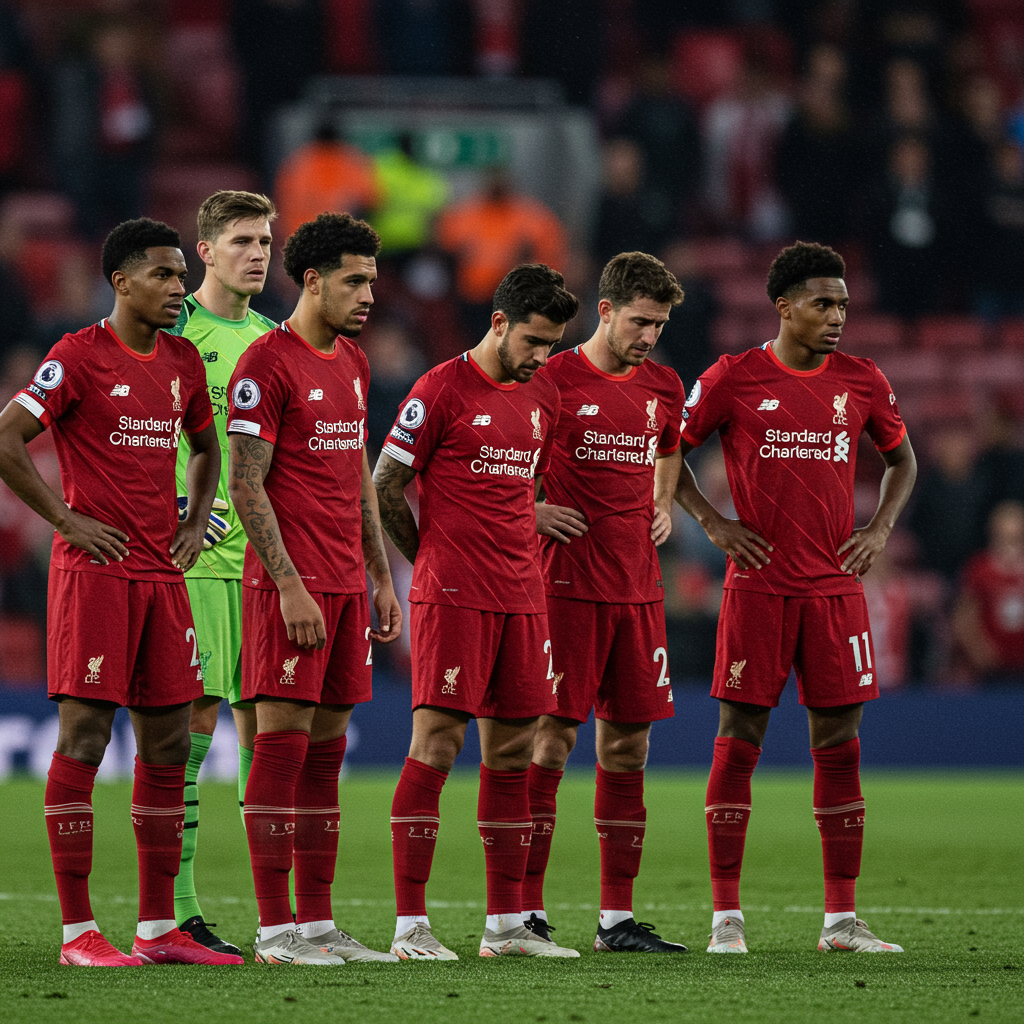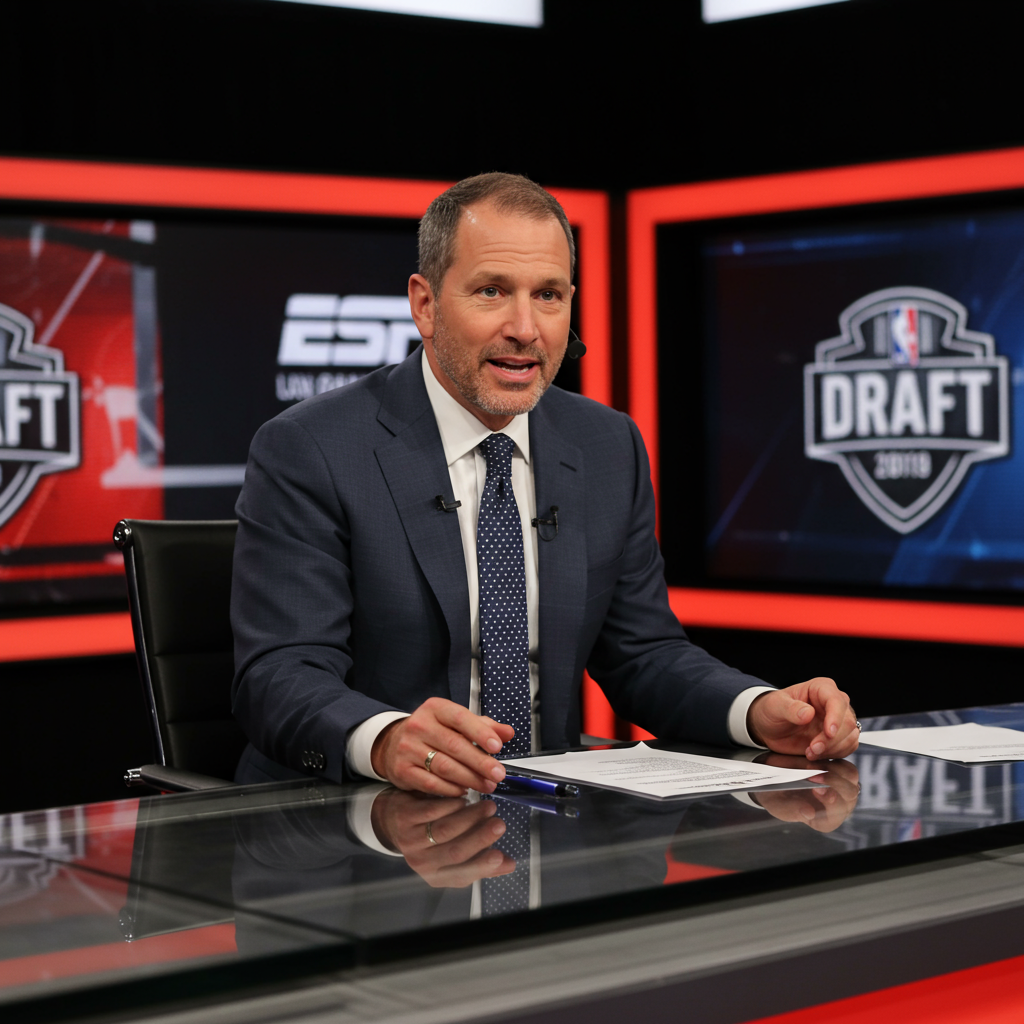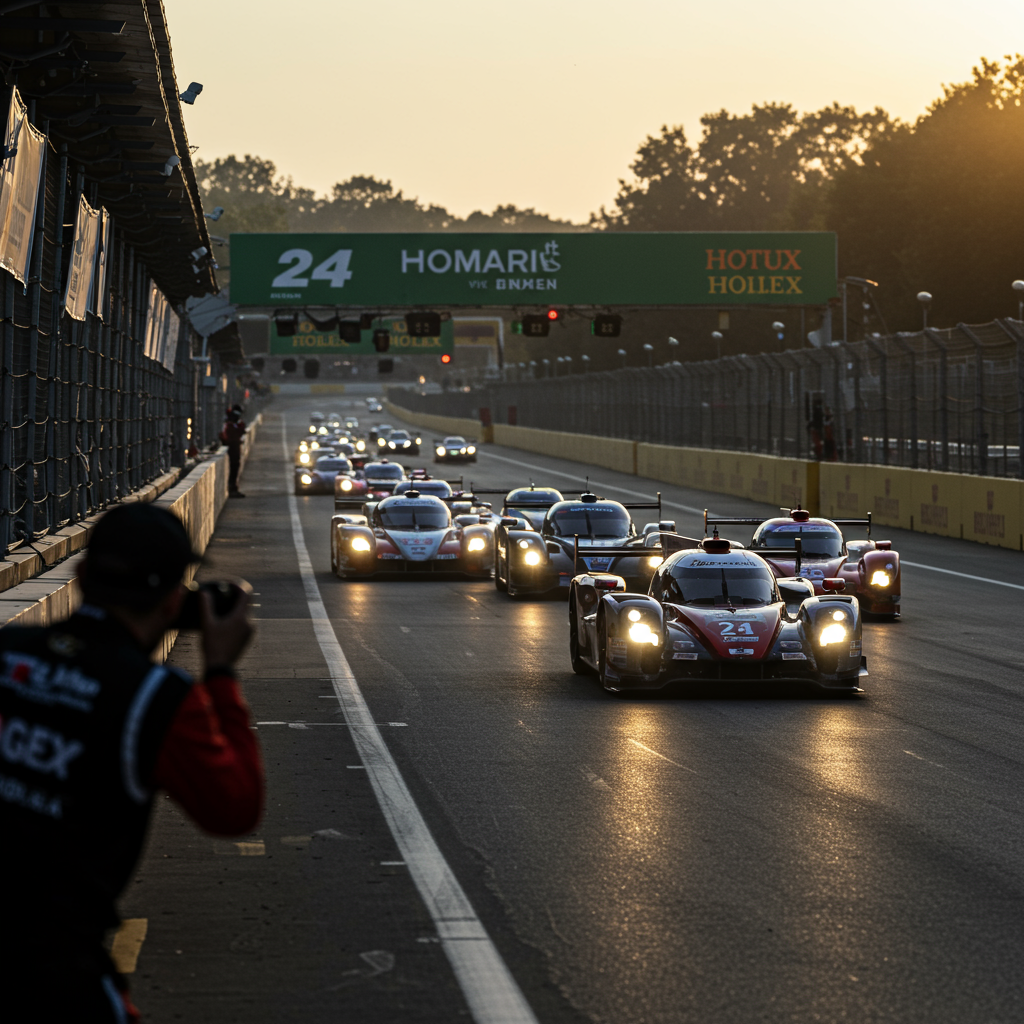The football world is reeling from the devastating news of Diogo jota’s tragic death. The Liverpool FC forward and his brother, Andre Silva, were killed in a car crash in Spain, sending shockwaves through Merseyside and beyond. This profound tragedy leaves a gaping void, forcing Liverpool players and staff to navigate immense grief and find ways to cope with the sudden, unimaginable loss of a teammate, friend, and cherished human being. Understanding the depth of this impact requires empathy and patience as the club community mourns.
The Heartbreaking Circumstances of the Tragedy
The accident occurred near Cernadilla in north-west Spain. It happened just after midnight local time on Thursday, July 4, 2025. Diogo Jota, aged 28, was traveling with his younger brother, Andre Silva, 25. They were in a Lamborghini Huracan. Investigators suspect a high-speed rear tyre blowout may have caused the car to lose control. The vehicle crashed off the A-52 dual-carriageway. It hit the central reservation and reportedly burst into flames. Tire marks found leading off the road support the blowout theory. Damaged guardrails and the burnt wreckage were visible evidence of the crash’s force. The brothers were tragically trapped inside and died at the scene. They were reportedly heading from Portugal towards Santander. Their plan was to catch a ferry to England. Jota may have been advised against flying after recent surgery.
A Dream Summer Turned to Heartbreak
Just days before the accident, Diogo Jota had celebrated a Premier League title win with Liverpool. He had also recently helped Portugal lift the UEFA Nations League trophy. Only 11 days before his death, Jota married his childhood sweetheart, Rute Cardoso, in Porto. Poignant posts from his wedding were on social media just hours before the crash. The stark contrast between these joyous moments and the devastating news amplifies the shock. Jota leaves behind his wife and their three young children. Andre Silva was also a footballer, playing for FC Penafiel. Their parents lost both their sons.
The Profound Impact on Liverpool FC and Its Players
The news of Diogo Jota and Andre Silva’s deaths hit Liverpool Football Club hard. The club’s media department faced the difficult task of verifying reports while dealing with their own distress. Anfield’s flags were quickly lowered to half-mast. A book of condolence was opened at the stadium. Well-being support was immediately offered to staff and players. Liverpool released a statement expressing devastation. They requested privacy for the grieving families, friends, and staff.
Teammates Share Heartbreak
The loss is deeply personal for the players. They shared dressing rooms, training pitches, and countless moments with Jota. Andy Robertson spoke movingly about the devastating loss. He described Jota as his friend and “buddy.” Robertson remembered Jota as genuine, normal, and full of fun. He shared personal anecdotes like watching darts and horse racing together. Seeing Jota beaming at his recent wedding was a cherished final memory for Robertson. Trent Alexander-Arnold also expressed immense pain. He highlighted Jota’s dedication to his family. Alexander-Arnold struggled to find words for the sudden void. He vowed to remember Jota’s big smile and happy moments. “Forever number 20,” he stated. Captain Virgil van Dijk pledged, “Your legacy will live on, we will make sure of it.” These tributes underscore the close bonds within the squad.
Prioritizing Grief: Liverpool’s Response
In the immediate aftermath, Liverpool FC made a significant decision. They delayed the start of the players’ preseason training. The squad’s phased return was halted. This action underscores the club’s understanding that human need must come before football schedules. Players require time and space to process this trauma. Grief is not a switch that can be turned off. The club recognized that forcing players back to intense training immediately would be detrimental. This delay provides a crucial window for mourning and mutual support within the team environment.
Navigating Grief in the Spotlight
Liverpool players are mourning someone close to them. He was an integral part of their daily lives and collective goals. The spotlight on professional athletes can make grieving difficult. The article notes that “Football is insignificant” in the face of such loss. Players must be given space without judgment. Criticism regarding things like attendance at Jota’s funeral is unnecessary. There can be many valid reasons for how individuals choose to grieve. The pain might be too difficult to bear publicly. Some may wish to avoid drawing further media attention to a private family event.
Remembrance and Legacy at Anfield
Diogo Jota brought immense joy to Liverpool fans. His goals and infectious energy were unforgettable. The club and its supporters will ensure his memory lives on. Arne Slot described Jota as “the essence of what a Liverpool player should be.” Fans are expected to offer a passionate tribute at the first home game. Jota’s name is likely to be sung at matches for years to come.
Tangible Tributes
The club has stated Jota’s number 20 shirt will be “rightly immortalised.” While retiring the number is a possibility discussed, the form of immortalisation remains a club decision. Etching his name or image into Anfield’s fabric is another potential tribute. Individual fans will also carry personal memories of his contributions. Every game will hold extra poignancy for the players who shared the pitch with him.
Fostering Empathy Through Tragedy
The tragedy of Diogo Jota and Andre Silva’s deaths resonated globally. It reminded everyone of the fragility of life. The personal details – Jota’s age, young family, recent marriage, and the loss of both sons for his parents – touched people deeply. Some hope this profound human tragedy might have a lasting impact. It could potentially encourage more compassionate behaviour in the wider football community. Witnessing the raw grief might prompt fans to reconsider vile abuse aimed at players. It could even cause those who engage in tragedy chanting to think twice. This would be a powerful, albeit tragic, legacy extending beyond Merseyside.
Resilience in the Face of Loss
Tragically, Liverpool FC and its community have experience coping with profound loss. This shared history of resilience and togetherness is vital now. The “No-one walks alone” ethos provides a framework for supporting players struggling with grief. Diogo Jota’s death has, in a painful way, brought people closer together. The focus must remain on ensuring everyone within the team receives the necessary support and care during this incredibly difficult time. This moment is about mourning a unique human being. It is not a time for discussions about trophies or transfers.
Frequently Asked Questions
What were the circumstances of Diogo Jota and his brother Andre Silva’s fatal accident?
Diogo Jota and his brother, Andre Silva, were killed in a car crash near Cernadilla, Spain, on July 4, 2025. They were traveling in a Lamborghini when it veered off the road and burst into flames. The primary theory investigators are exploring is that a high-speed rear tire blowout caused the accident. No other vehicles were involved. Both brothers tragically died at the scene.
How has Liverpool FC and its players responded emotionally and practically to the loss of Diogo Jota?
Liverpool FC expressed devastation and lowered flags at Anfield. They opened a book of condolence and offered well-being support. Crucially, the club delayed the start of preseason training to allow players time to grieve. Teammates like Andy Robertson and Trent Alexander-Arnold shared heartfelt tributes, highlighting Jota’s character, family dedication, and the deep personal impact of his loss on the squad.
What is the most important way for fans to support Liverpool players coping with Diogo Jota’s death?
The most important way fans and the media can support Liverpool players is by offering compassion, understanding, and space. Recognizing that the players are grieving a close teammate and friend is crucial. Avoiding judgment, particularly regarding their personal mourning processes or decisions, allows them the necessary time to cope with this profound tragedy away from external pressure.
Conclusion
The loss of Diogo Jota is a tragedy felt deeply by everyone connected with Liverpool FC. Players, staff, and fans are united in grief for a unique human being taken far too soon alongside his brother. The club’s decision to delay preseason training reflects the priority placed on human well-being during this difficult period. As the team navigates this immense sorrow, the focus remains on support and remembrance. Diogo Jota’s legacy at Anfield and within the hearts of those who knew him will undoubtedly endure. The call for empathy and understanding towards the grieving players is paramount now and in the months ahead.




